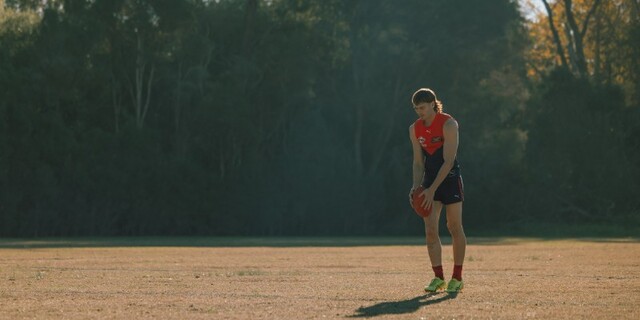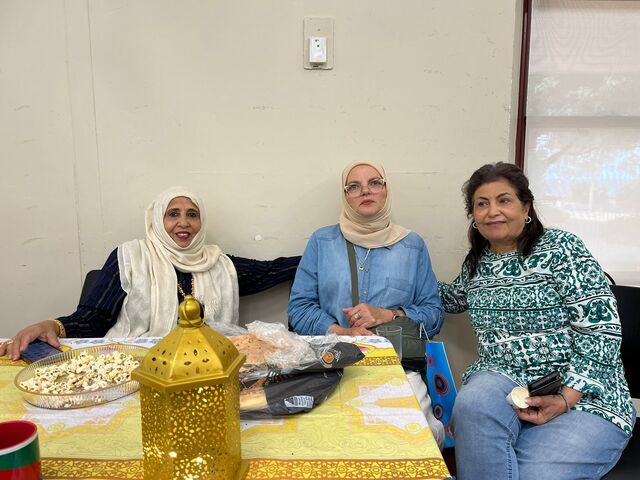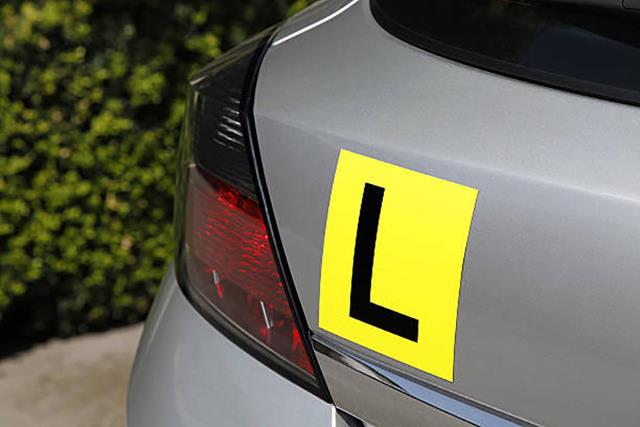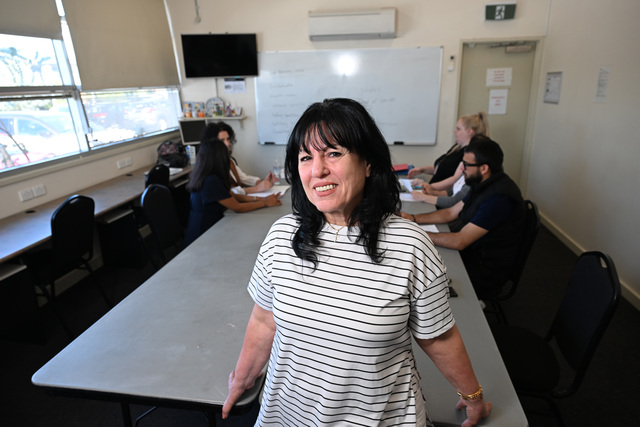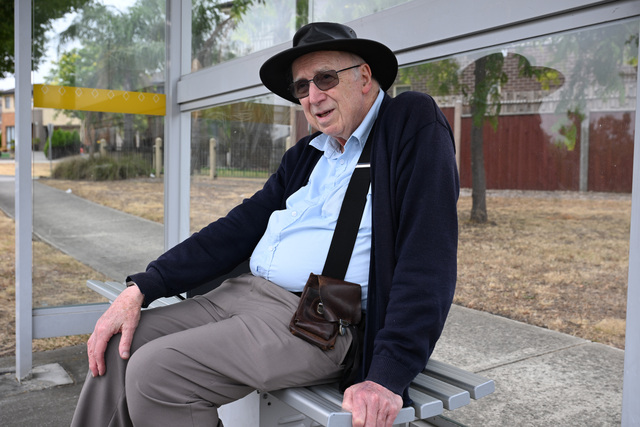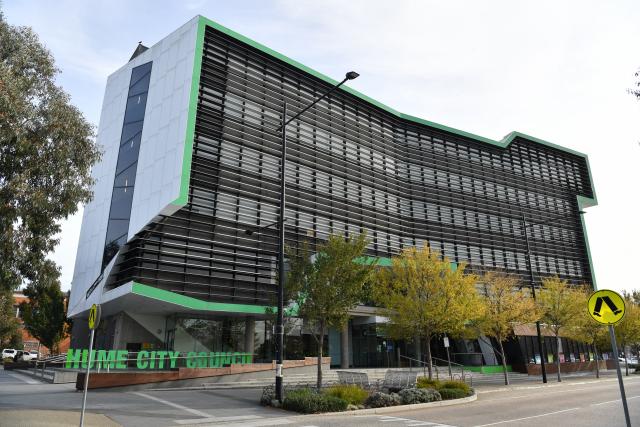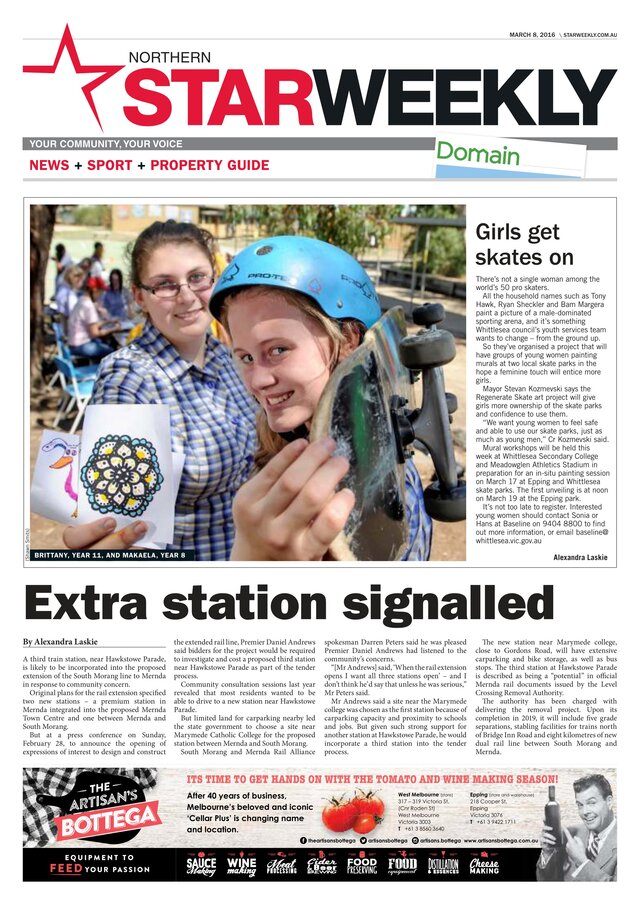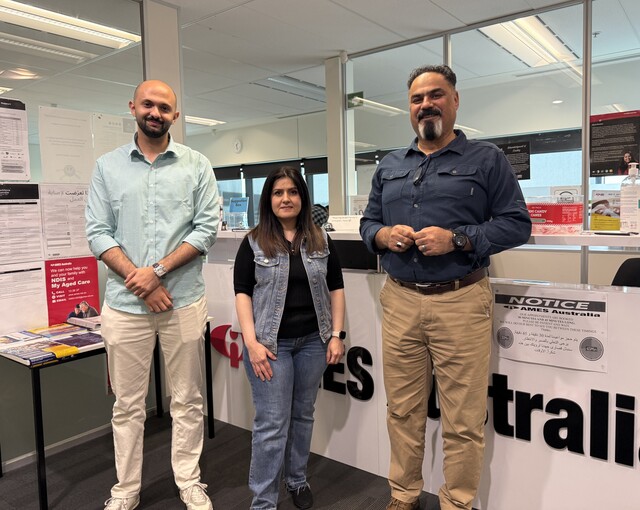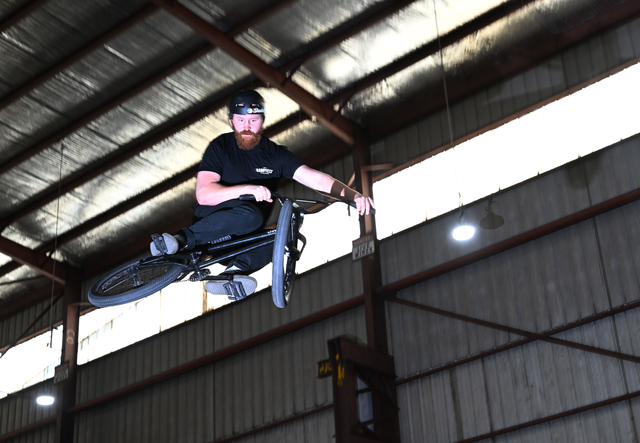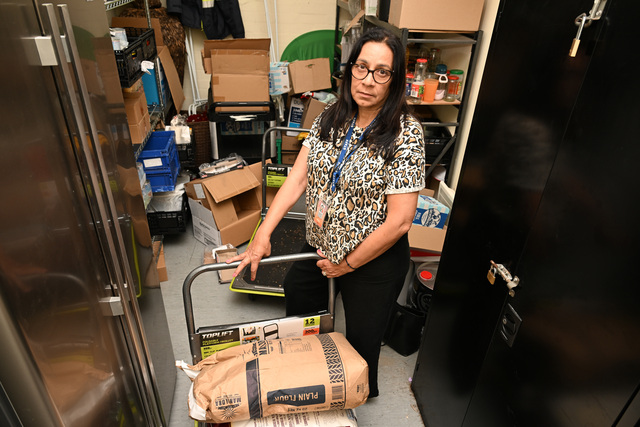It’s almost a year since refugees at the Broadmeadows detention centre went on a hunger strike that ended up with at least two of them being taken to hospital.
The protest involved more than 50 refugees, including 27 Tamils, some of whom have been behind bars for five years.
They cannot be sent home but have been denied visas after ASIO judged them to be a threat to national security, a judgement they cannot challenge.
The Refugee Council of Australia (RCOA) has urged the government to increase refugee numbers, rather than continue offshore processing policies.
Releasing RCOA’s annual submission on Australia’s refugee program, chief executive Paul Power said there was significant community concern about the government’s decision to reduce the annual number of permanent refugee and humanitarian visas from 20,000 to 13,750.
“Many people we consulted as part of the submission process felt that the decision to reduce the size of the program was counterproductive and inappropriate when forced displacement is on the rise and protection needs are becoming more acute,” he said.
“The United Nations High Commissioner for Refugees has identified 691,000 refugees as being in need of resettlement in 2014.”
Mr Power said Australia must do whatever it could to improve conditions for refugees who would never be resettled and encourage other countries to accept more refugees. Other issues raised by the RCOA report included the government’s use of the term “illegal” to describe asylum seekers arriving by boat, the reintroduction of temporary protection.
United Nations Human Rights Commissioner Navi Pillay has been scathing of the Australian government’s treatment of refugees.
Last week, she recommended an international inquiry to investigate alleged violations of international humanitarian law, citing new evidence on what happened in the final stages of the Sri Lankan conflict.



